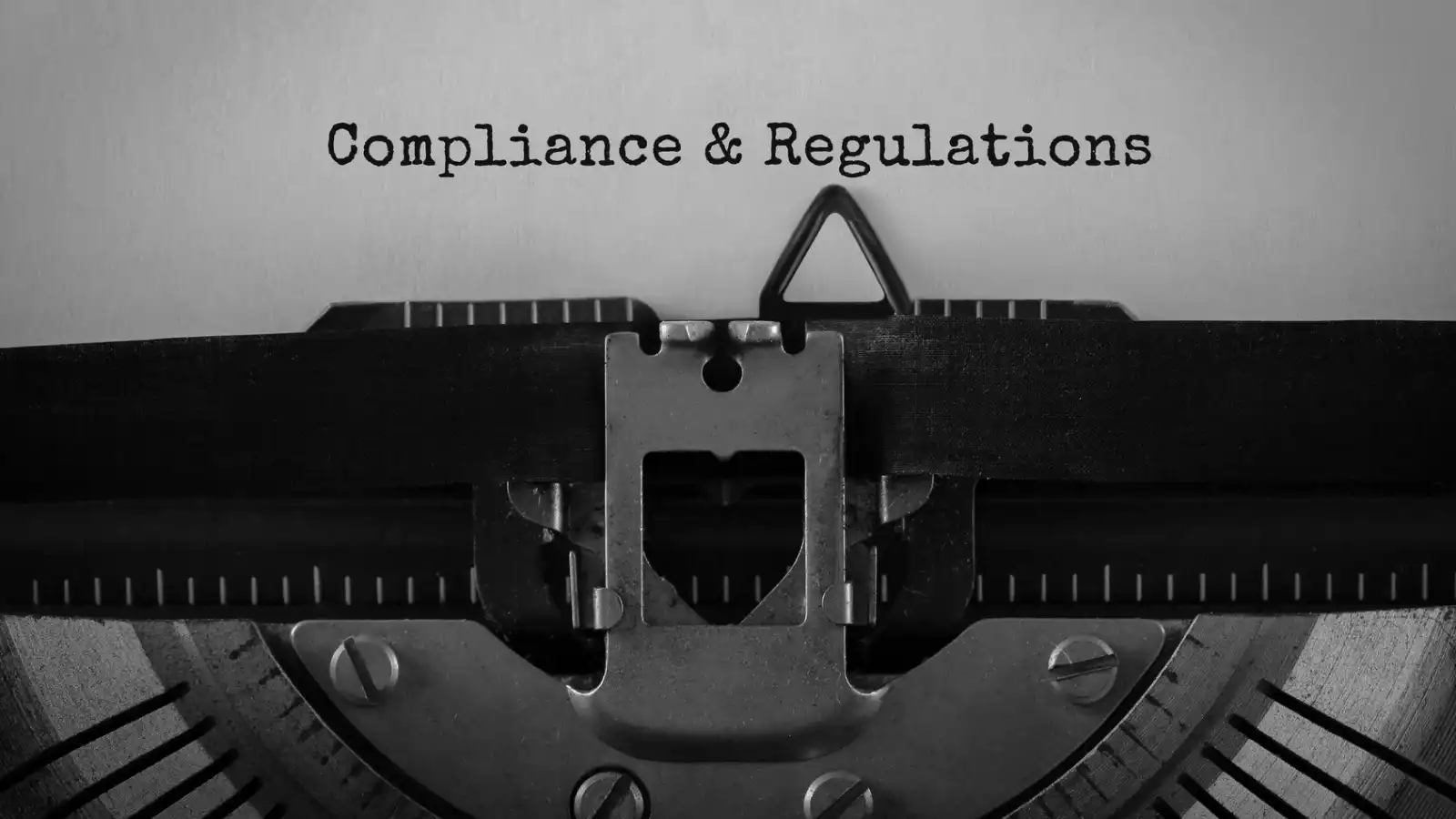Maternity leave is a hot topic in the United States. As many families juggle full-time work with raising families, tensions over the lack of required maternity leave in the workplace continue to grow.
The United States is the only developed country that doesn’t require paid parental leave. Currently, the Family Medical Leave Act (FMLA) is the only federal law guaranteeing unpaid maternity leave in the U.S.—and it applies to only some employees. FMLA requires companies with more than 50 employees to provide 12 weeks of unpaid leave for new parents (both mothers and fathers).
Even though they’re costly for employers, Massachusetts maternity leave laws can enhance employee satisfaction. Share on XThere is, however, a bright spot. The Commonwealth of Massachusetts has among the best maternity leave laws in the United States. And even though they’re costly for employers, Massachusetts maternity leave laws can enhance employee satisfaction. Keep reading to find out what you need to know about maternity laws as an employer in Massachusetts, and how these laws will affect your business.
New Laws For Maternity Leave In Massachusetts
In 2018, Massachusetts signed into law a statute that provides paid family and medical leave (PFML) benefits to workers. The PFML law will be available to employees, covered individuals, and self-employed persons beginning in January 2021. (You can read the full text of the legislative statute here.)
The new statute will provide benefits for the following:
- Bonding with a child or newborn
- Service member-related events
- Dealing with a personal serious health condition
- Caring for a family member with a serious health condition
This new PFML Massachusetts law is available for both maternity and paternity leave, and replaces the former Massachusetts parental leave law (PLA) that provided eight weeks unpaid parental leave to employees.
What Employers Need To Know
Businesses that employ one or more individuals are subject to the PFML law and must submit contributions on behalf of workers and covered individuals.
Businesses with fewer than 25 employees or covered individuals must submit contributions on behalf of their workers to cover the portion of PFML contribution due from employees and covered individuals. These businesses are not required to pay the employer portion of the contributions for family and medical leave.
Contributions to PFML begin on July 1, 2019.
- The contribution rate is 0.63% on the first $128,400 of an individual’s annual earnings. Employers are responsible for remitting the full contribution to the department but may deduct from an employee’s wages to cover the employee’s share.
- Businesses with fewer than 25 employees in Massachusetts must remit contributions to the department on behalf of their workers but are not required to pay the employer share of the contribution for family and medical leave.
- Businesses that issue 1099s for more than 50 percent of their workforce must remit contributions for their 1099 workers (“covered individuals”) as well as their employees. If your business has 25 or more workers in total, you must pay the employer share of the contribution for family and medical leave for both employees and covered individuals.
Employer Best Practices For Maternity Leave In Massachusetts
In our partner article on paternity leave in Massachusetts, we outlined four actions employers should take to proactively plan for parental leave. The bullet points below summarize the best practices, but we suggest you read them in their entirety here.
- Have a paternity leave policy before it becomes needed.
- Don’t make individual arrangements for paternity leave.
- Employers with paternity leave policies should require advance notice of a leave.
- Try to avoid concurrent leaves.
Resources For Maternity Leave In Massachusetts
- For FAQs regarding the new Massachusetts maternity leave law, click here.
- Employer compliance must-do’s for every small business
- Drafting a Parental Leave Policy that Won’t Get You Sued (SHRM)
- Phased Parental Leave Enhances Family Benefits (SHRM)
If you’re a small or mid-size business looking for help in complying with new Massachusetts maternity leave regulations, or looking to streamline your HR and benefits management in general, Genesis HR may be a good fit for you. Our PEO removes the burden of complex, time-consuming HR tasks, giving you time back to run your company. Interested in learning more? Contact us today to see how we can benefit you as a partner.




